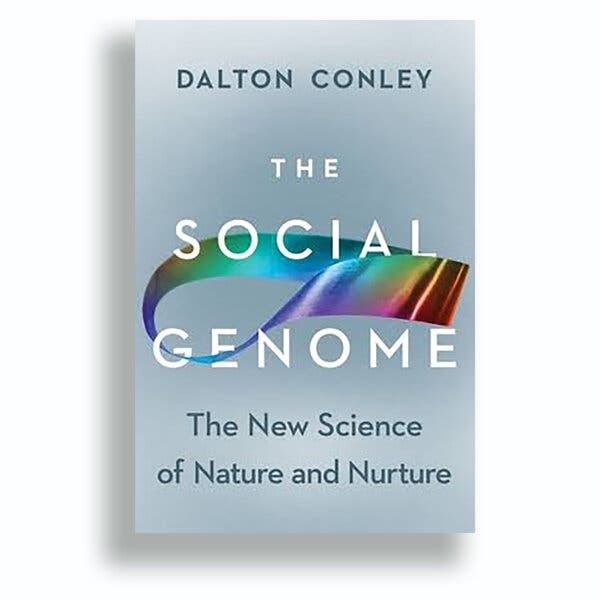THE SOCIAL GENOME: The New Science of Nature and Nurture, by Dalton Conley
THE DECLINE AND FALL OF THE HUMAN EMPIRE: Why Our Species Is on the Edge of Extinction, by Henry Gee
In 2012, NPR reported the startling news that a fancy preschool on Manhattan’s Upper West Side would require its little applicants to “submit to DNA analysis.” The school’s headmaster defended this choice by explaining that she was looking for genetic markers that predict intelligence, confidence and leadership.
At least a few listeners reacted with outrage, before realizing the date: April Fools! But someday soon, Dalton Conley asserts in “The Social Genome,” his mind-twisting journey into “a new science of prediction,” such “biologically informed” policies won’t be a joke. Today, all sorts of institutions and people are already selecting us (or not) based, at least partly, on our DNA.
Conley is a trained sociologist who once turned up his nose at biology-as-destiny, but eventually found a middle path. He is a founding member of the field of sociogenomics, which uses data from genomic screening to understand the complex interplay between our genes and our environment in shaping who we become. Your genes steer you toward or away from certain people, places and things; other people’s genes steer them to or away from you, and, out of this complex dance, emerges your social environment.
It’s nature and nurture; as Conley writes: “the social genome deletes the versus,” creating what he calls the Möbius strip of our lives. From genomic studies, scientists have developed the polygenic index, or PGI, a way to score the likelihood of a wide range of genetic outcomes. If you can measure a trait, Conley insists, you can get a PGI for it. Will you be pretty, will you be rich? The PGI can tell you.

PGI is complicated enough, but the really tricky stuff comes as our DNA interacts with the environment. “The Social Genome” will have you pondering all the genes and judgments that drove what you presumed were random coincidences, hard-won successes and measured choices — choices made by you, but also about you.
We are having trouble retrieving the article content.
Please enable JavaScript in your browser settings.
Thank you for your patience while we verify access. If you are in Reader mode please exit and log into your Times account, or subscribe for all of The Times.
Thank you for your patience while we verify access.
Already a subscriber? Log in.
Want all of The Times? Subscribe.
